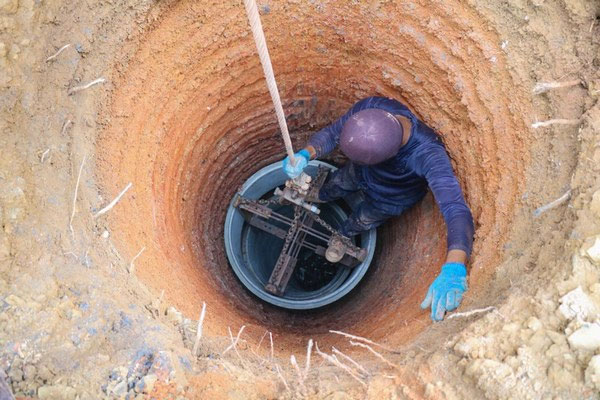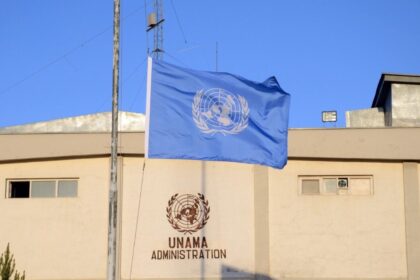RASC News Agency: Numerous residents in Badghis province report that the unregulated drilling of deep wells has resulted in the depletion of natural springs and qanats, severely reducing the groundwater reserves. Over recent years, the unchecked expansion of deep well drilling has become a critical issue, calling for immediate remedial measures.
Residents emphasize that the indiscriminate drilling has led to significant problems. A large number of Badghis inhabitants note that vital water sources such as springs and qanats have dried up due to these activities, leading to a range of negative consequences. Jalaluddin, a resident of the Moqur district in Badghis, shared that for many years, the “Khaarestan” spring served as the main water source for hundreds of families and agricultural lands.
He expressed grave concern over the situation, highlighting that the reckless drilling of deep wells has not only lowered groundwater levels but also completely dried up the Khaarestan spring. This spring had been the “lifeline” for thousands of families. Jalaluddin stated, “The Khaarestan spring was our primary source of water for drinking and irrigation. Approximately five thousand families depended on this spring, and it also irrigated our farmlands. Unfortunately, it has now dried up.”
He claimed that the Khaarestan spring, with a history of over 300 years, had been experiencing declining water levels for the past six years due to deep well drilling, culminating in its complete drying up this year. These concerns are emerging amidst a growing trend over the past several years, where many Afghanistanis have resorted to drilling deep wells in their regions. They use solar-powered pumps to extract water for irrigating their fields.
Previously, the United Nations reported that 79% of Afghanistan’s population lacks adequate access to sufficient water resources. The Taliban-controlled Environmental Protection Agency also noted that 21 million people in the country face shortages of drinking water.






